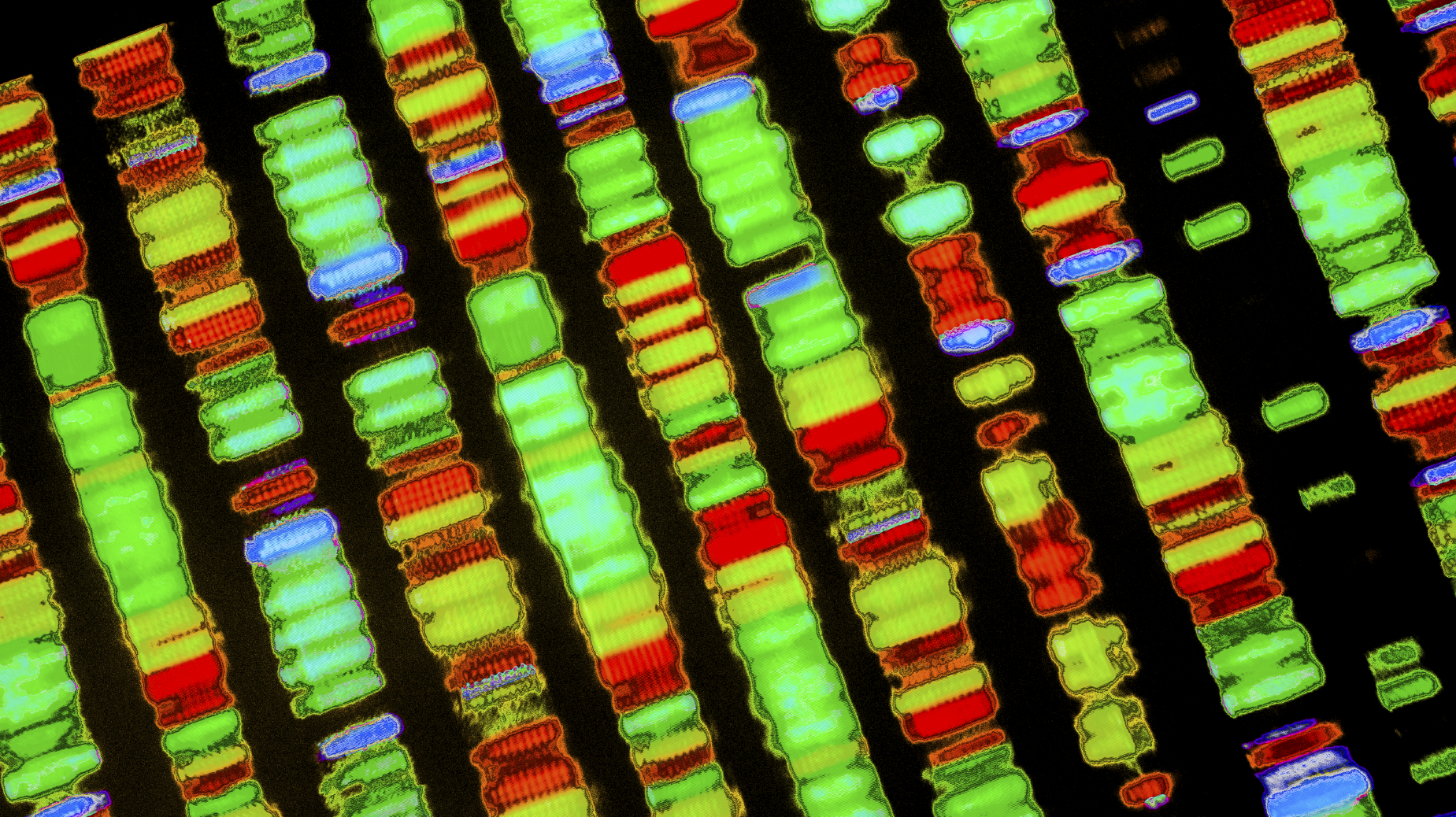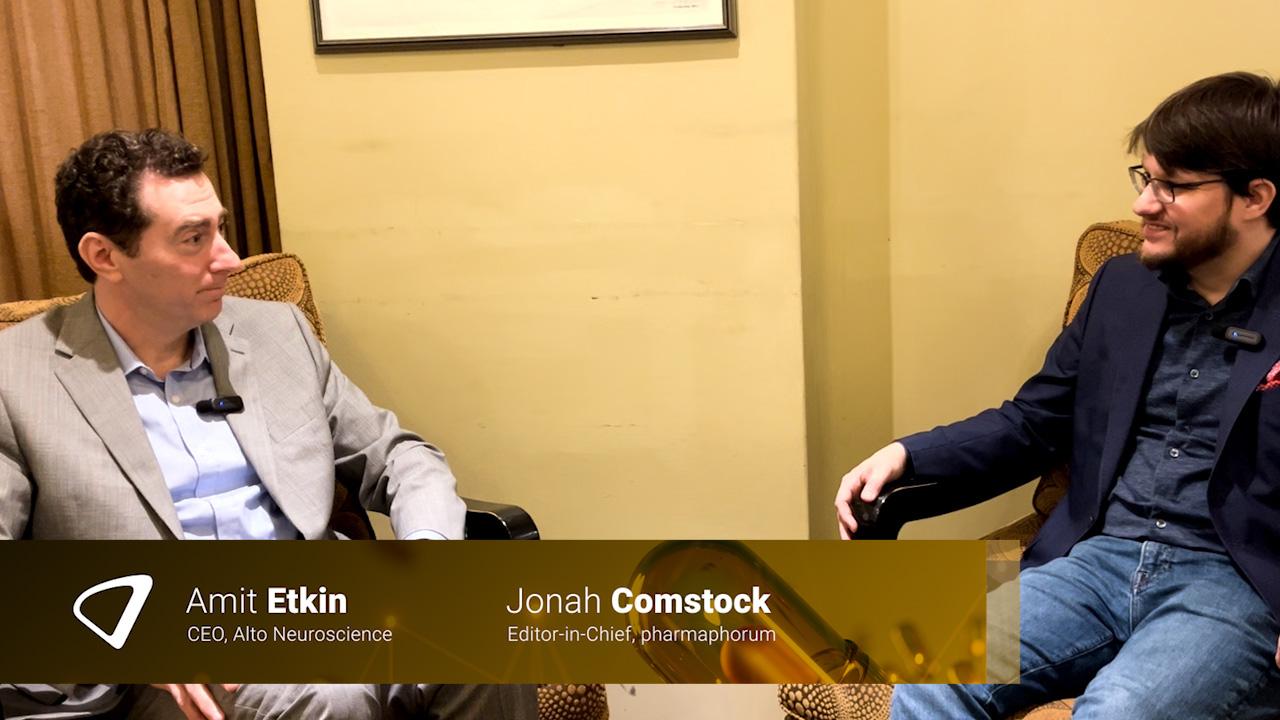Lundbeck trial investigates genetic causes of depression

Danish pharma Lundbeck has joined personal genetics company 23andMe and think tank the Milken Institute in a large new study to increase the understanding of the underlying causes of depression.
The study will explore how the disorders, Major Depressive Disorder (MDD) and Bipolar Depression, and brain functions such as attention and decision-making are related to genetics.
Starting today, the study will recruit a total of 25,000 participants, 15,000 with MDD, 10,000 with Bipolar Depression, who will have their DNA tested and complete cognitive tests and surveys over nine months. Participants' data is de-identified to preserve privacy.
It is the first time these elements will be combined to study these disorders. The study also stands out with the high number of participants observed over a longer time period.
The study will address two main challenges in treating MDD and Bipolar Depression; the fact that patients can be very different both with regards to symptoms and to the biological processes leading to these symptoms. Patients may also respond very differently to treatment.
MDD and Bipolar Depression are known to be caused by a combination of genetic, biological, environmental and psychological factors, but exactly how and how much which factor weighs in, why, when and in which patients, is not known. The new study will hopefully provide data to better understand the factors and their interactions.
Lundbeck hopes that the study results will reveal ways of how to understand individual differences within the patient populations. This knowledge would be fuelled directly into the company's research and development efforts to create future treatments.
The study will be conducted in the US only. Participants must be 18-50 years old, live in the US, and have access to a desktop or laptop computer as smartphones and tablets will not work with this study.
They must have been prescribed medication to treat MDD or Bipolar Depression, are willing to provide a saliva sample for DNA testing and are willing to complete monthly study sessions over the course of nine months.












